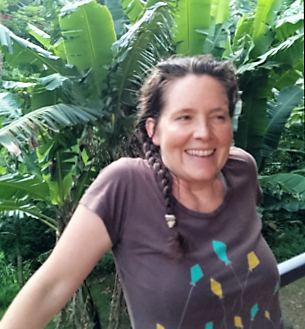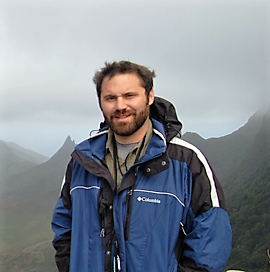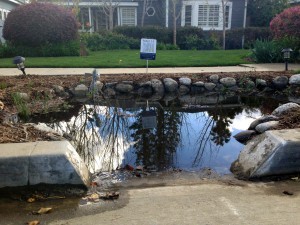Tag Archives: drought
Green infrastructure on the ground: The politics of aquifer replenishment in Los Angeles
Sayd Randle, Doctoral Candidate in Environmental Anthropology from Yale University, will be presenting the roundtable for May 20th, 2015. Come learn about green infrastructure contributions to groundwater, an increasingly important issue in our drought-stricken state.
Abstract: The City of Los Angeles imports roughly 90% of its potable water supply from beyond city borders, and relies on local groundwater for the remainder. Environmentalists have long advocated for increased groundwater augmentation through rainwater capture and infiltration around the city homes, streets, and parks the sit above the basins. Recent drought conditions and surface water adjudications have turned policymakers’ attention to these techniques for producing an increased, “more secure,” in-city water supply. This paper uses a political ecology framework to examine the politics of reconfiguring quotidian city spaces to restock groundwater stores, drawing on fieldwork among city bureaucrats, environmentalists, and homeowners undertaking retrofits.



